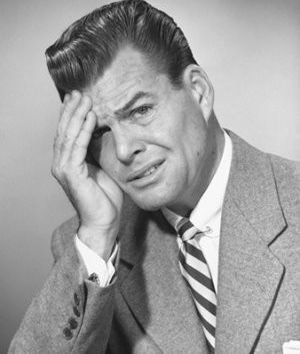Multiple offense DUI cases produced outrage in the media and among the public, and unfortunately, outrage frequently means logic and reason go out the window.
A recent case of an alleged 12th offense drunk driving arrest made local headlines. The facts that we know are certainly troubling enough. Revoked license, resisting arrest, open alcoholic container, operating to endanger, 87mph in a 65mph zone, etc. So I think we can reasonably conclude that this individual is a real danger to himself and others. It is more than likely that he has severe problems with alcohol, and has made some poor decisions in his 62 years.
And the perfectly reasonable question that everyone wants answered is “How is it even possible to get a 12th offense OUI arrest?” “How does this person have a license (if they do) or not in jail already??” Unfortunately, often reporters don’t actually try to find out, and readers just jump to the conclusion that our drunk driving laws are too lax.
But that is simply not the case. Any 5th offense or greater is a mandatory minimum 2 years in prison, and a lifetime drivers’s license revocation. In addition, the Commonwealth may even seize your vehicle under Melanie’s law.
The Globe story reports that the man’s license was revoked for life after his 1oth OUI in 2010. So the real question is this: How is it possible that this man picked up his 10th offense, less than 3 years ago, isn’t in jail, and somehow caught another charge (11th offense?) in between? It remains unanswered. Out of state charges that didn’t connect up? Found not guilty of the 11th? How are they counting these charges? Arrests or convictions? It’s all just speculation, and it shouldn’t have to be.
Missing the Point
 In an interview with David Deiullis of MADD advocating for a 1st offense ignition interlock law, reporter Steve Aveson actually states that “It’s possible this interlock could have stopped this fella from Billerica from his 12th offense””.
In an interview with David Deiullis of MADD advocating for a 1st offense ignition interlock law, reporter Steve Aveson actually states that “It’s possible this interlock could have stopped this fella from Billerica from his 12th offense””.
Nope, that is not possible. His license was revoked permanently. In order to get an interlock in your car, you need to be eligible for a license reinstatement after the initial suspension.
The only thing that could have stopped this man from driving would be no access to a car, or universal alcohol detectors in ALL cars. The latter has significant science challenges, as well as huge civil liberties issues, but it is probably still many years away.
Deiullis also mentioned the story about the acquittal rate in bench trials that was big news. But again, that story had a lot of misleading facts, and wrongly suggested that judges were regularly letting people walk on charges for no good reason. Again, simply not the case, as I’ve blogged about previously.
How About Actual Solutions?
Yes, there are things that we can do.
Unfortunately, those who spend time in jail, even for multiple offense OUI charges, don’t always get the alcohol treatment they desperately need. You would think that would be an automatic thing and a no-brainer, but the alcohol programs behind bars are sometimes limited. Assuming that these people will be getting out, it only makes sense that we treat them for the alcoholism that got them there in the first place, and try to give them the tools to get it together and not repeat offend when they are released.
Easier access to public transportation can also be a huge help in preventing DUIs. It is remains absurd that bars are open until 2am, but the T shuts down at 12:30.
Sensibly following the laws we have, and treating the problem drinkers makes much more sense that a brutal approach of tougher laws that would truly hurt average citizens.
Here is the video of the story:

